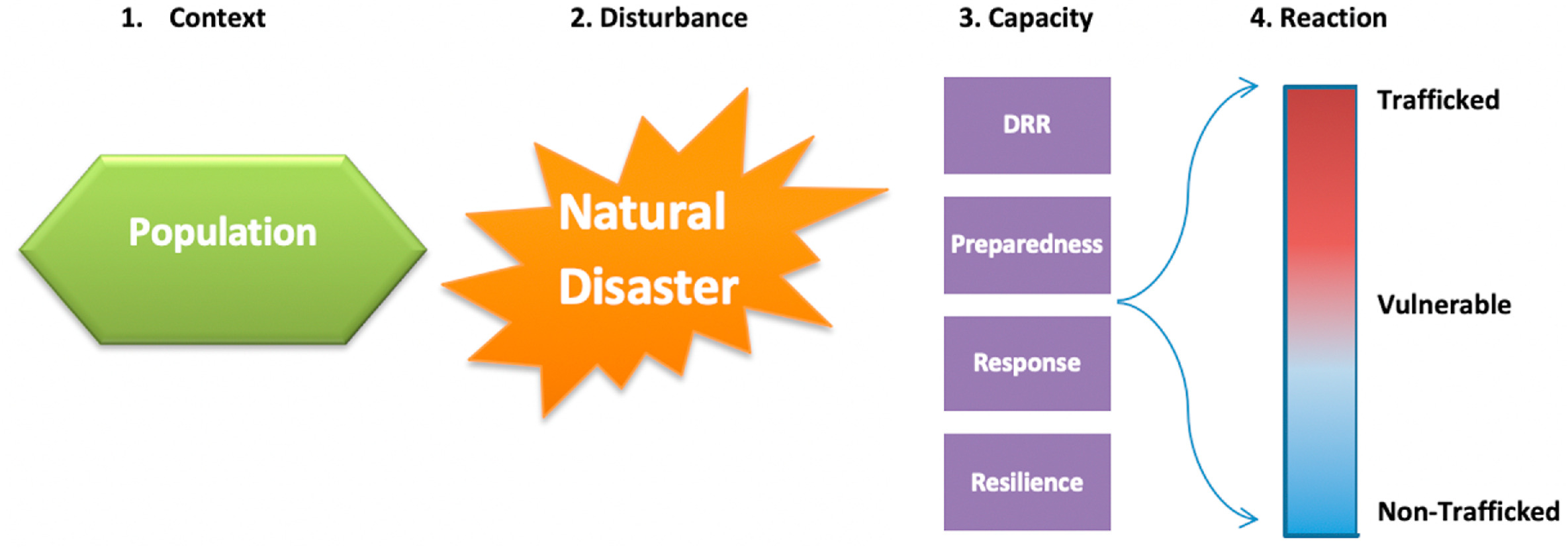Elsevier, Sustainable Cities and Society, Volume 69, June 2021
There is an increasing interest in the link between ambient temperature and sexual crime in the context of climate change. However, existing studies are limited in evaluating the acute effect of temperature and rarely estimate the attributable burden. Here, we show that in seven large US cities, every 5 °C rise in daily mean temperature was associated with a 4.5 % [95 % confidence interval (CI): 2.8–6.3 %] increase in sex offenses in the following 0–8 days.
Elsevier, City, Culture and Society, Volume 25, June 2021
The inclusion of people with intellectual disability in cultural and civic activities is an important point for discussion, particularly in the context of supporting the social sustainability of our local communities and cities. In line with a human rights approach to disability and inclusion, local governments and community organisations are poised to play a pivotal role in the inclusion of people with intellectual disability.
Elsevier, The Lancet Psychiatry, Volume 8, June 2021
Background: The prevalence of head injury is estimated to be as high as 55% in women in prison and might be a risk factor for violent offending, but evidence is equivocal. The extent of persisting disability is unknown, making decisions about service needs difficult. The UN recognises vulnerabilities in women in prison, but does not include head injury. This study aimed to investigate relationships among head injury, comorbidities, disability, and offending in women in prison.
Elsevier, The Lancet Global Health, Volume 9, June 2021
Background: Half of the world's missing female births occur in India, due to sex-selective abortion. It is unknown whether selective abortion of female fetuses has changed in recent years across different birth orders. We sought to document the trends in missing female births, particularly among second and third children, at national and state levels.
Elsevier, International Journal of Disaster Risk Reduction, Volume 60, 15 June 2021
Thailand's flood of 2011 was devastating for the communities and inhabitants of the country, affecting approximately 13 million people and causing damages totaling THB 1.43 trillion (46.5 billion USD). The presence of a natural hazards disaster such as this can magnify individuals' vulnerability to human trafficking, or mitigate it depending on the disaster risk reduction practices of the surrounding community.
Elsevier, The Lancet, Volume 397, 5 June 2021
Background: Ovarian cancer continues to have a poor prognosis with the majority of women diagnosed with advanced disease. Therefore, we undertook the UK Collaborative Trial of Ovarian Cancer Screening (UKCTOCS) to determine if population screening can reduce deaths due to the disease. We report on ovarian cancer mortality after long-term follow-up in UKCTOCS. Methods: In this randomised controlled trial, postmenopausal women aged 50–74 years were recruited from 13 centres in National Health Service trusts in England, Wales, and Northern Ireland.
Elsevier, The Lancet Global Health, Volume 9, June 2021
Background: Understanding subnational variation in age-specific fertility rates (ASFRs) and total fertility rates (TFRs), and geographical clustering of high fertility and its determinants in low-income and middle-income countries, is increasingly needed for geographical targeting and prioritising of policy. We aimed to identify variation in fertility rates, to describe patterns of key selected fertility determinants in areas of high fertility.
Elsevier, The Lancet Global Health, Volume 9, June 2021
Background: Although hindrances to the sexual and reproductive health of women are expected because of COVID-19, the actual effect of the pandemic on contraceptive use and unintended pregnancy risk in women, particularly in sub-Saharan Africa, remains largely unknown. We aimed to examine population-level changes in the need for and use of contraception by women during the COVID-19 pandemic, determine if these changes differed by sociodemographic characteristics, and compare observed changes during the COVID-19 pandemic with trends in the 2 preceding years.

